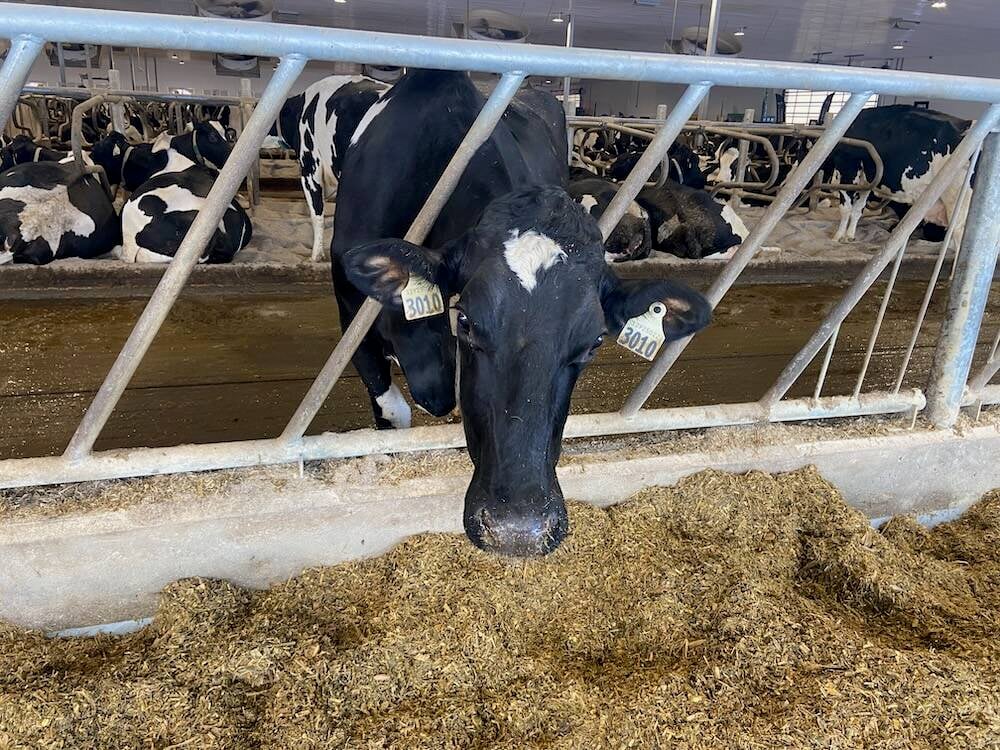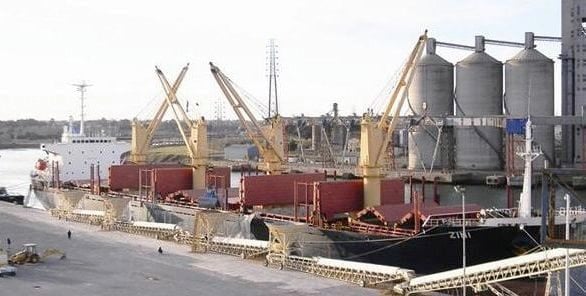Challenge model a new way to fund, support innovation

Five Ontario companies are among 13 semi-finalists selected in the federal government’s Agricultural Methane Reduction Challenge, which is seeking innovative ways to reduce methane emissions from dairy and beef cattle.
The $12 million challenge was announced last year by Agriculture and Agri-Food Canada and Impact Canada, a federal government initiative to help fund development and adoption of innovative solutions to societal problems like housing, food waste and climate change.
The approach was launched by the federal government several years ago as a way of crowd-sourcing innovation. It is designed to encourage innovators to come forward with their approaches to solving specific problems.
Read Also

South American farmers hail Mercosur-EU deal, wary of fine print
South America’s agricultural sector, a key source of global food, celebrated on Friday as the regional Mercosur bloc and the European Union struck a free trade agreement, though farmers said they wanted to see the small print of the deal.
The challenge program is backed by fairly significant funds. The methane reduction challenge, for example, offers two grand prizes of up to $1 million each, with finalists receiving up to $500,000 each.
The 13 semi-finalists, spanning feed, breeding and technology, were selected from 86 applications and will receive approximately $150,000 to move their concepts into the prototype development stage.
A further (up to) $230,000 per semi-finalist will be awarded next spring to those with successful prototypes so they can proceed with testing. Ten finalists will be selected by spring 2026, with the grand prize winners announced in winter 2028.
Two Greater Toronto Area companies, Ample Agriculture and Pond Technologies, are working on feed additives that reduce methane emissions from cattle. Guelph-based Semex is developing a genetic breeding protocol to let farmers select cattle that produce lower methane levels.
Sustainable Bio Security Inc. uses ozone to improve dairy cattle health, and WaterPuris is using extremely small gas bubbles – nanobubbles – and sensors for water treatment.
The 10-member challenge jury includes names familiar to Canada’s livestock sector, like University of Guelph livestock genomics professor Christine Baes, Fawn Jackson from Dairy Farmers of Canada, Cedric McLeod of the Canadian Forage and Grasslands Association, Joy Agnew from Olds College and Reynold Bergen with the Beef Cattle Research Council.
Two other challenges involving agriculture and agri-food have already been completed.
Ecoation from British Columbia was declared the winner of the Deep Space Food Challenge earlier this year for its modular indoor food production system called CANGrow. Designed to operate in remote environments like outer space and northern regions, the system can produce a range of fresh foods, like strawberries, cherry tomatoes and fungal-based meat substitutes.
Another indoor food production system called Goose, from the University of Guelph, was a finalist in the competition.
Two Ontario companies were the grand prize winners of the Food Waste Reduction Challenge, each receiving up to $1 million to continue development and commercialization of their innovations.
Clean Works from St. Catherines has a proprietary system that uses vaporized hydrogen peroxide, ozone and ultraviolet light to control mildew and micro-organism growth in fruits and vegetables before they are harvested.
This can increase produce shelf life by up to 20 per cent, which Clean Works estimates will prevent the waste of almost 50 tonnes of grapes and spinach alone in Canada. It’s also been found to reduce the severity of powdery and downy mildew in grape growing.
Genecis Bioindustries from Toronto has developed a specialized bacteria that transforms food waste into compostable bioplastics that can replace up to 60 per cent of plastic applications, from sunglasses to textiles and grocery bags.
Impact Canada’s challenge initiative spans a range of sectors, including a $75 million cleantech stream with Natural Resources Canada, a Smart Cities program with Infrastructure Canada, a housing stream with Canada Mortgage and Housing Corporation and individual challenges addressing everything from health care in deep space and oil spill response to diabetes prevention and reducing marine plastics.
Source: Farmtario.com

